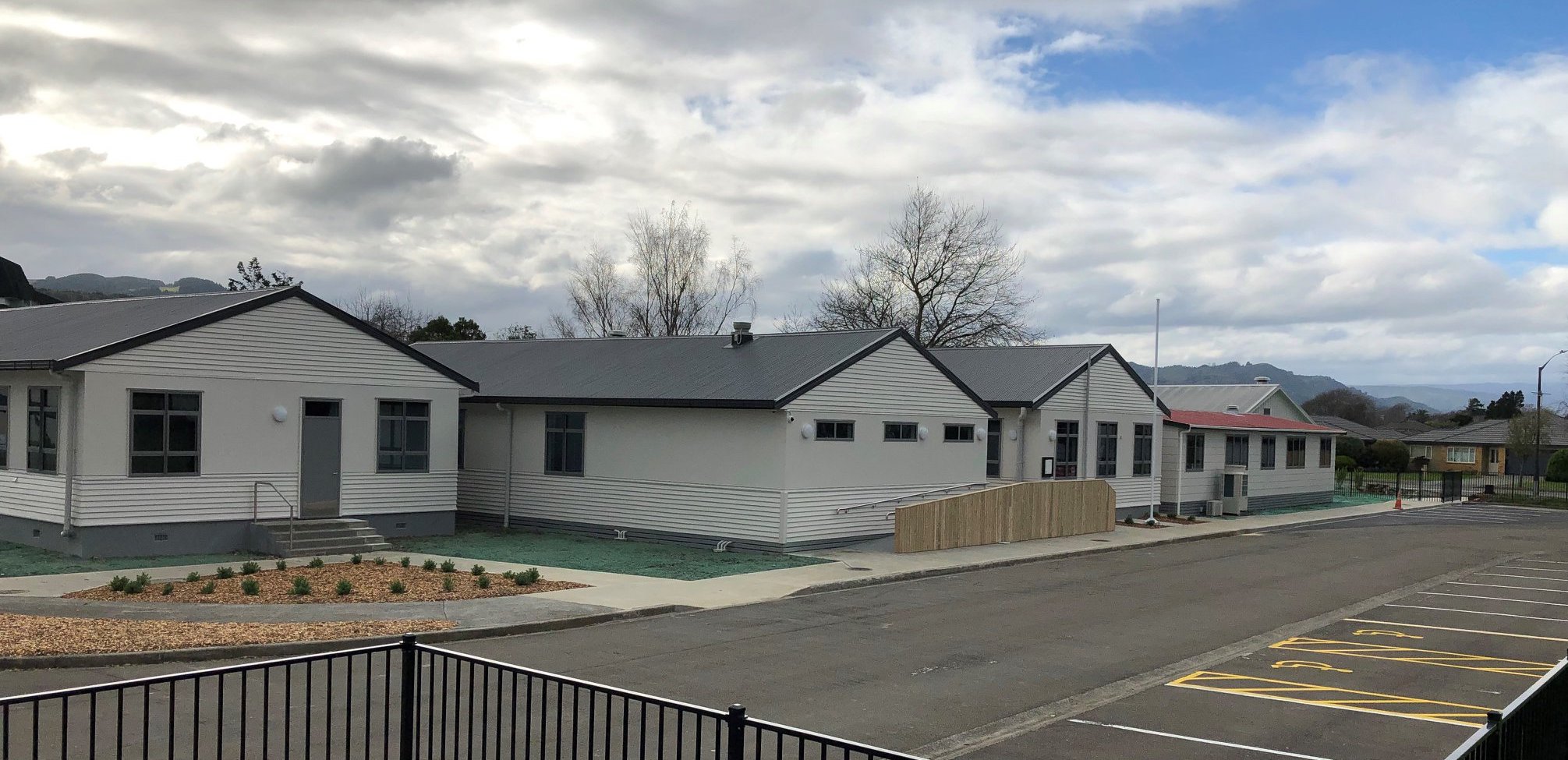If you’re responsible for your company’s accounts or managing its property portfolio, you should be aware of the upcoming changes to the treatment of lease rent liabilities in the financial statements.
In a nutshell, the liability for lease payments moves from the Profit and Loss Statement to the Balance Sheet as from 1 January 2019.
The change comes about through the London-based International Accounting Standards Board introducing their new standard IFRS 16 – replacing the current IAS 17 that deals with leases.
Put simply, IFRS 16 requires the present value of all future lease payments to be capitalised in recognition of the financial liability that exists to the company over the lease term, including renewals where there is reasonable certainty they will be exercised. This only applies to right-of-use assets (e.g. a typical office lease) and excludes turnover rent that’s often included in retail leases.
The change is designed to provide more transparency for investors and stakeholders.
If you’re a tenant, the main implication is likely to be higher debt on your balance sheet.
Will tenants look for shorter lease terms?
How will this change in accounting standards affect your decisions to lease in the future? Well, if you want to keep debt levels down, you may see a benefit in shorter lease terms and less rights of renewal in the future. Long leases could impact on your ability to meet banking covenants or force you into having to renegotiate these.
However, shorter terms may not be easy to get, particularly if an upgrade to the premises is required. Landlords often make significant investments when upgrading premises for tenants and want to see this paid back over a reasonable period. Plus, they will want to maintain asset value. Longer, rather than shorter leases uphold this value over the long term.
From a tenant’s perspective, you will need to balance shorter leases with less certainty of tenure. You should ask yourself:
- How well do the premises suit you?
- What investment have you made in fitout and branding?
- What incentives are you foregoing?
- Will you be paying a higher rent to get a shorter lease?
If you have a lease expiry coming up, we suggest you start thinking about these matters and what works best for your business. Early engagement with landlords will give you the greatest leverage in your discussions and allow you to plan for the forthcoming changes.
Contact me for independent advice on capitalisation and future property decisions.
















